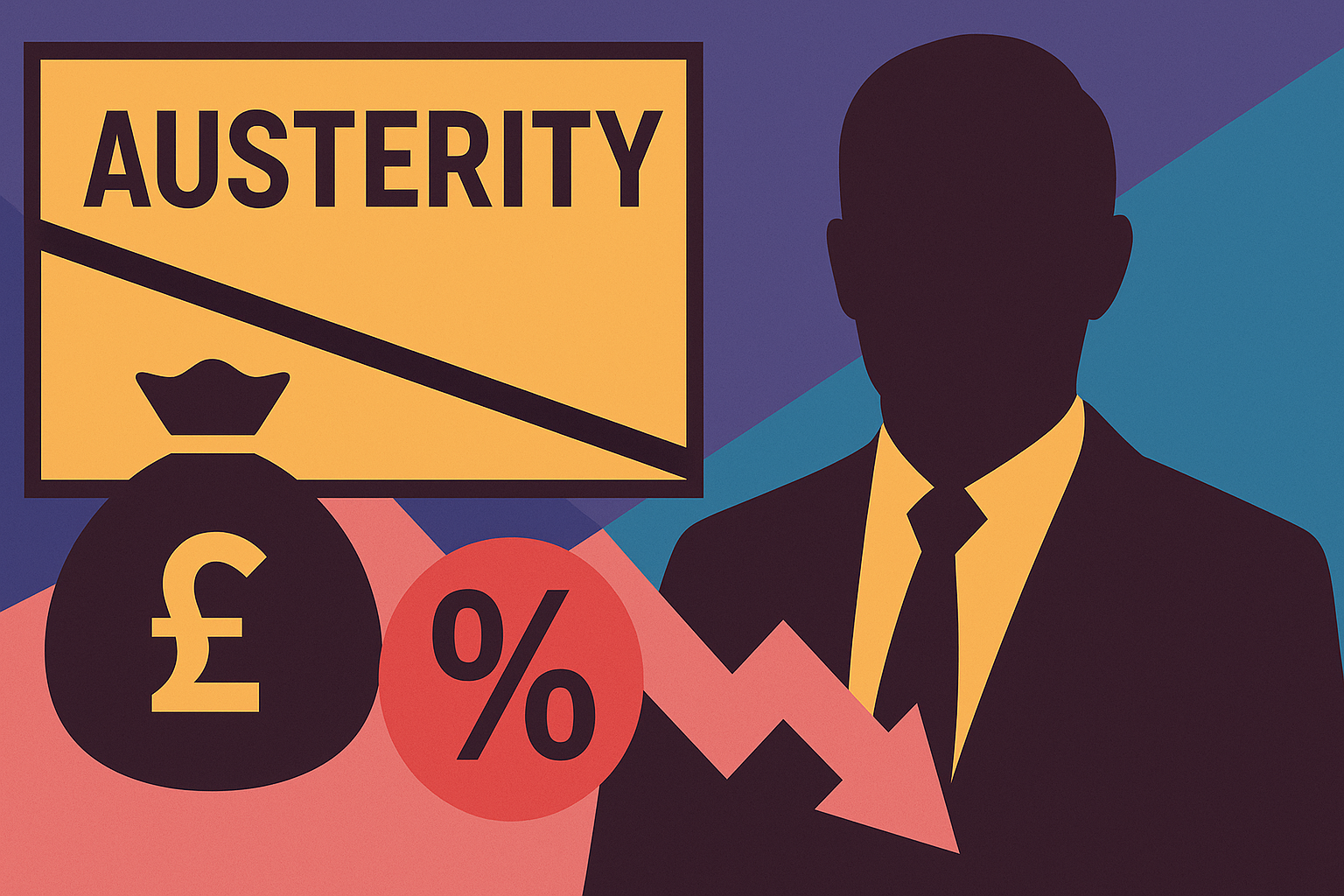Nigel Farage is set to unveil a major shift in Reform UK’s economic strategy, dropping earlier pledges for sweeping tax cuts to focus instead on reducing public spending and restoring fiscal credibility.
Policy Reversal Ahead of Economic Speech
In a speech scheduled for Monday in London’s financial district, the Reform UK leader will outline the party’s new “economic vision,” marking a clear departure from its previous £90bn tax-cutting plan. Farage will argue that fiscal discipline must come before tax reductions, promising to cut taxes only once the budget deficit is under control.
“We will control public spending and reduce the nation’s borrowing costs,” Farage is expected to say. “Then, and only then, will I cut taxes to stimulate growth. We must get the economy growing.”
The change signals an attempt by Reform UK — which has been gaining momentum in opinion polls — to boost its economic credibility as it positions itself as a serious challenger to the Conservatives and Labour.
From Ambitious Tax Cuts to Fiscal Caution
Reform’s previous plan included:
- Raising the income tax personal allowance to £20,000,
- Cutting corporation tax to 15%, and
- Abolishing inheritance tax on estates valued under £2mn.
The party had framed these measures as essential to boosting growth and rewarding work. However, economists — including analysts at the Institute for Fiscal Studies (IFS) — dismissed the proposals as financially unrealistic, warning they would cost tens of billions more than Reform’s estimates.
In October, Farage pledged that his party would “never borrow to spend,” but over time Reform UK quietly reclassified its £90bn tax cuts as an “aspiration” rather than a firm commitment.
Critics Accuse Farage of “Economic Flip-Flopping”
The shift has prompted strong criticism from across the political spectrum. Shadow chancellor Mel Stride called the move “a desperate attempt to appear economically credible.”
“It’s impossible to take Reform seriously when their promises disintegrate after five minutes,” Stride said. “They are a one-man band junking their own pledges.”
A spokesperson for the Labour Party accused Farage of reviving an austerity-style agenda, saying:
“Nigel Farage says he’s offering something new, but his plan would take us straight back to austerity.”
Focus on Cutting the “Bloated State”
Reform UK has yet to publish a detailed spending plan, but party officials have hinted at significant cuts to net zero initiatives, welfare programs, asylum support, foreign aid, and the civil service.
Farage is expected to frame these reductions as essential to “restoring the nation’s finances” and ending what he calls a “doom-loop of ever-increasing taxes.”
“Both the Conservatives and Labour have wrecked the public finances,” Farage will say. “Reform UK will restore them — and in doing so, we can stop punishing working people with constant tax hikes.”
He will also emphasize Reform’s pro-business orientation, highlighting opportunities in digital assets and cryptocurrency as potential drivers of future growth.
“We will reduce the size of the bloated state, bring expertise into government, and cut excessive regulation,” he is expected to add.
A Strategic Pivot
Farage’s policy reversal underscores Reform UK’s efforts to present itself as a disciplined, fiscally responsible alternative ahead of the next general election.
While the move may alienate some supporters drawn to the party’s original populist tax-cut agenda, it signals Farage’s recognition that economic credibility — not just rhetoric — will be crucial to competing with Britain’s main political parties.








